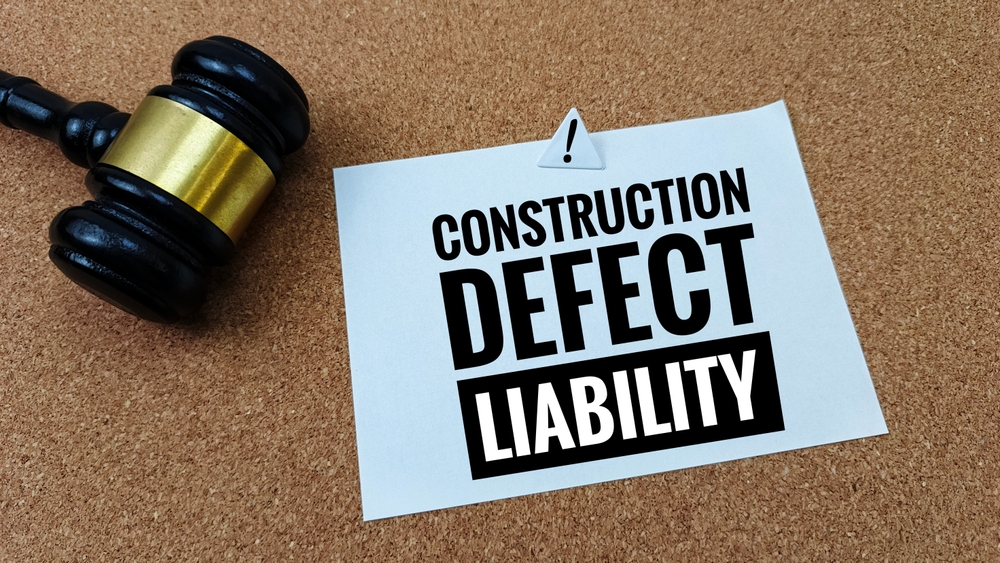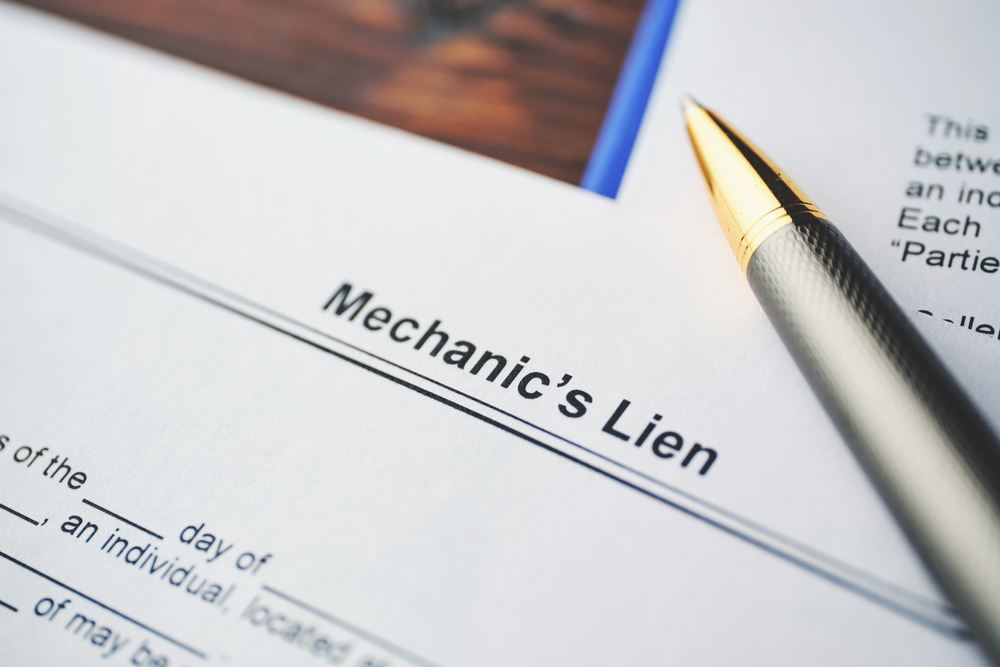

If you are in the construction industry, you either sign someone else’s contract or your customer signs yours, depending on your role. When both parties understand the contract and what they are supposed to do, it is the best recipe for avoiding disputes. So, how do you make sure both parties understand what they need to do? This blog covers avoiding the litigation land mine.
If someone is signing your contract, make sure it’s written in plain English, it covers all of your bases, and you understand it well enough to explain everything back to your customer. If you are signing someone else’s contract and you don’t understand what it says, you need to have someone explain it before you sign it. Once you understand everything—if there is too much risk put on your company, negotiate the terms. Don’t just accept a one-sided contract. An unfair construction contract can put your company out of business. No project is worth that risk.
At The Cromeens Law Firm, we have extensive knowledge and understanding of construction contract laws and are licensed in Texas, Louisiana, Georgia, and California. We are often able to solve contract disputes for our clients through informal negotiations, mediation, or arbitration. Work with us to equip yourself with the ability to properly evaluate your risks before you sign and negotiate your next subcontract with greater confidence and ease.
Another legal land mine awaits you if you sign someone else’s contract without reading and understanding what you are signing. If you want specific examples of clients whose businesses were injured or completely taken out by a contract they signed and did not understand, read Karalynn Cromeens’ best-selling book Quit Getting Screwed. Karalynn also teaches the information in all of the chapters for free on subcontractorinstitute.com. There is no set of rules that protect you when you sign someone else’s contract. Whatever you sign can and will be used against you. Not understanding a contract that you sign is extremely dangerous—so much so that Karalynn took the time and effort to write a book to make sure everyone is aware of the risk.
Having all the terms in your contract explained in plain English is the most effective way to keep disputes at bay and prevent litigation. If you don’t have all these terms in your contract, don’t understand what your contract says—or don’t have a contract at all—reach out to our team of construction attorneys, and we can help you create or review your construction contracts for a flat rate. Give us a call at 713-715-7334. We are here to help you build a stronger business and protect what you have worked so hard to create.
Karalynn Cromeens is the Owner and Managing Partner of The Cromeens Law Firm, PLLC, with over 17 years of experience in construction, real estate, and business law. A published author and passionate advocate for contractors, she has dedicated her career to protecting the businesses her clients have built. Karalynn is on a mission to educate subcontractors on their legal rights, which inspired her books Quit Getting Screwed and Quit Getting Stiffed, as well as her podcast and The Subcontractor Institute.

